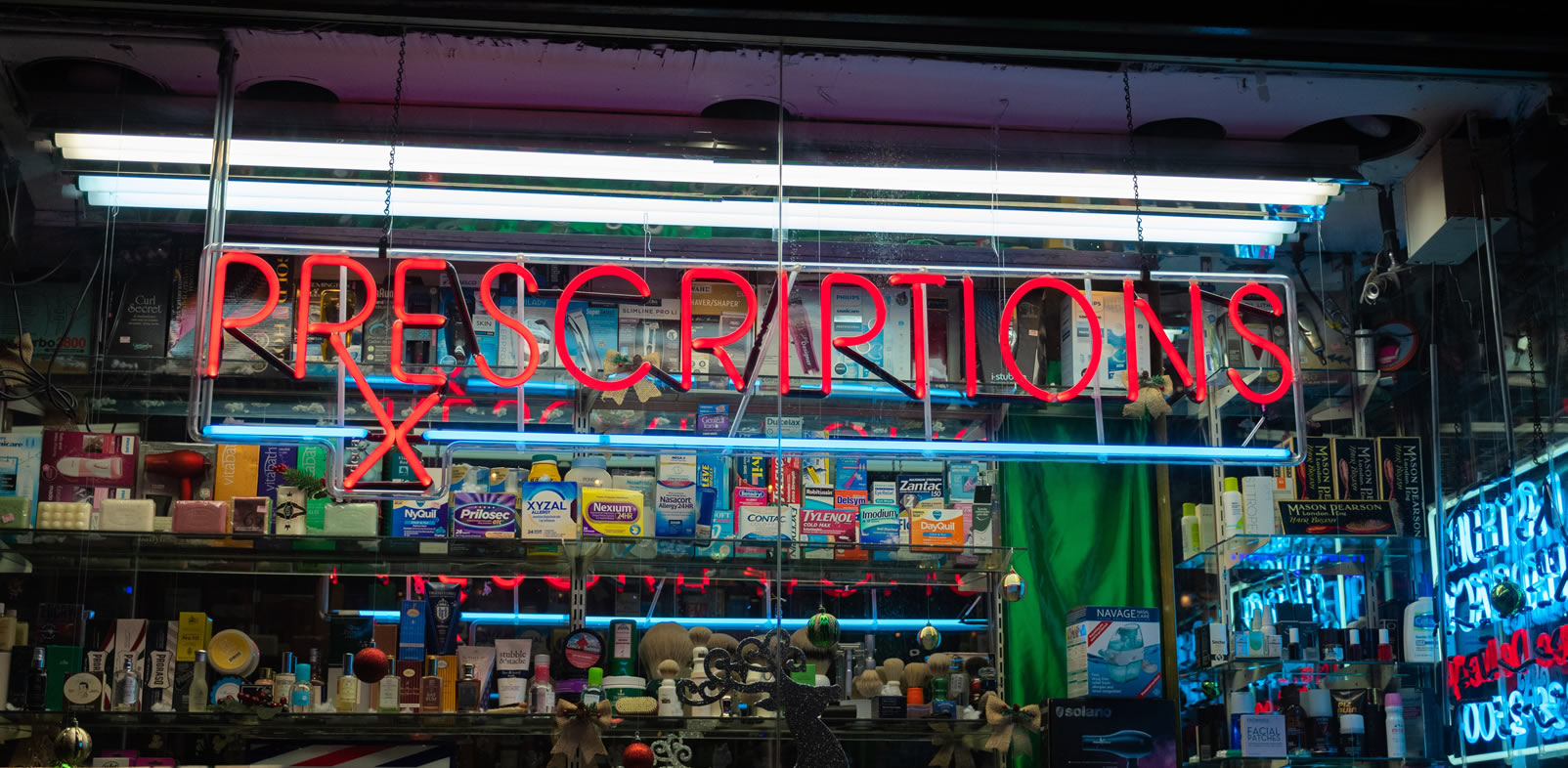
Traveler's Health
Before You Go
Make an appointment with your healthcare provider or a travel health specialist at least one month before you leave. They can help you get destination-specific vaccines, medicines, and information. Discussing health concerns as well as your itinerary and planned activities with your provider allows them to give more specific advice and recommendations. Make sure you tell them about your food or medication allergies.Prepare a travel health kit with items you may need, especially those items that may be difficult to find at your destination. Include your prescriptions and over-the-counter medicines in your travel health kit and take enough to last your entire trip, plus extra in case of travel delays. Depending on your destination you may also want to pack a mask, insect repellent, sunscreen (SPF15 or higher), aloe, alcohol-based hand sanitizer, water disinfection tablets, and your health insurance card.
Additional items to pack
- Pack allergy medicines such as inhalers, and epinephrine, also called adrenaline.
- Pack safe snacks or meals to have during your flight and in the airport. Avoid eating foods with no ingredient labels during travel and ask at airport restaurants about the ingredients before you order.
- Bring cards listing all your food allergies and get them translated into the local language where you are traveling.
- Bring copies of your allergy emergency response plan, including copies in the local language. Consider bringing a medical alert system such as a bracelet or other device.
Get travel insurance. Find out if your health insurance covers medical care abroad. Travelers are usually responsible for paying hospital and other medical expenses out of pocket at most destinations. Make sure you have a plan to get care overseas, in case you need it. Consider buying additional insurance that covers health care and emergency evacuation, especially if you will be traveling to remote areas.
During Your Trip
Choose safe food and drink. Contaminated food or drinks can cause travelers’ diarrhea and other diseases and disrupt your travel. Travelers to low or middle income destinations are especially at risk. Generally, foods served hot are usually safe to eat as well as dry and packaged foods. Bottled, canned, and hot drinks are usually safe to drink. Learn more about how to choose safer food and drinks to prevent getting sick.People with allergies will want to take additional steps that include the following:
- Always ask about ingredients and check food labels; when in doubt, don’t eat it.
- Avoid eating “street food,” as there is often no reliable way to check the ingredients.
- Provide anyone who might be making your meals, including restaurant staff, with a card listing all your food allergies. Cards should be translated into the local language.
Recognize signs and symptoms of a severe allergic reaction. Know when and how to use epinephrine auto-injectors correctly. Carry your auto-injector with you for all activities even if you think you won’t be eating. Make sure your travel companions have a copy of your allergy emergency response plan. Teach your travel companions how to recognize signs and symptoms of a severe allergic reaction. Also, make sure that they know the location of your epinephrine auto-injector and how to use it in case of an allergy emergency.
Take step to lessen environmental allergies
- Minimize outdoor activity when air quality is poor, or pollen count is high.
- Try to stay in smoke-free and allergy-friendly, such as pet-free, accommodations.
- Pack all medicines and equipment, including antihistamines.